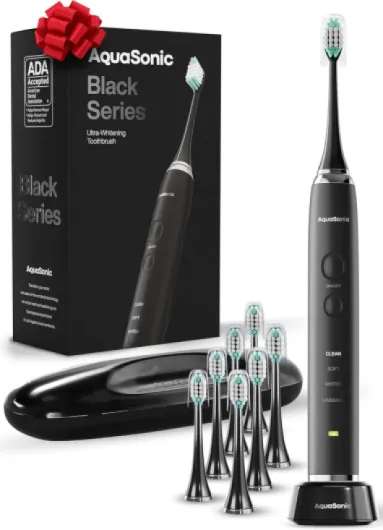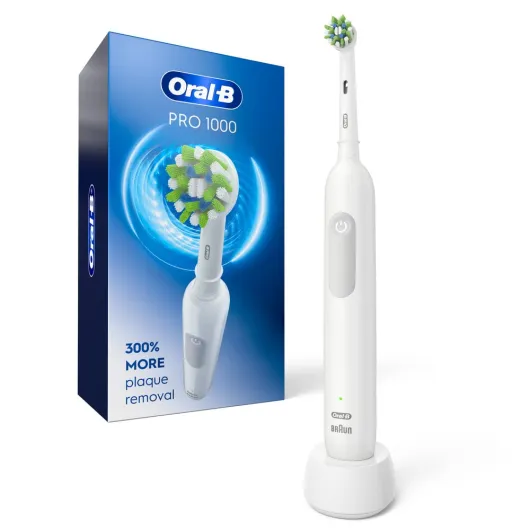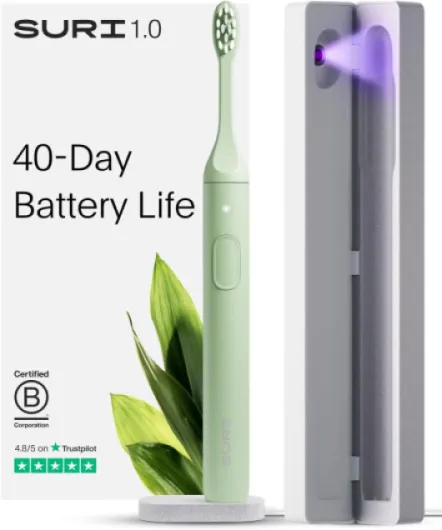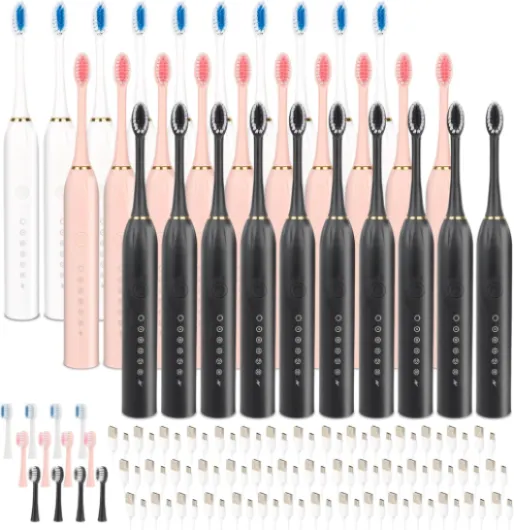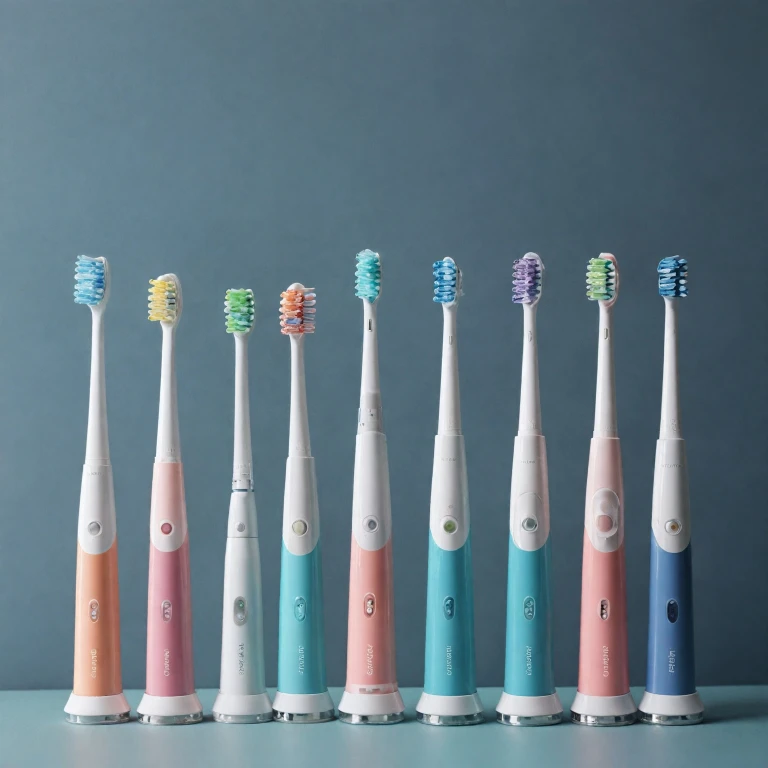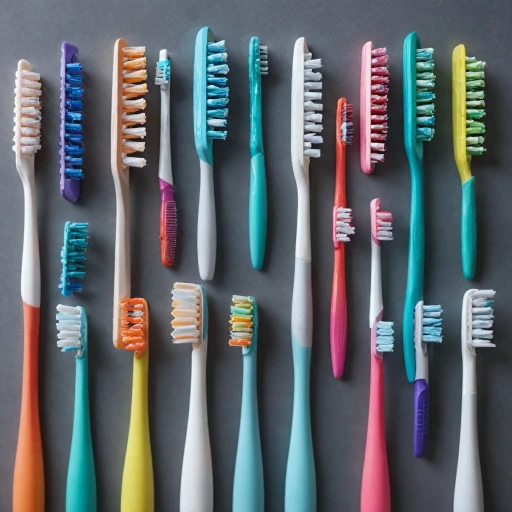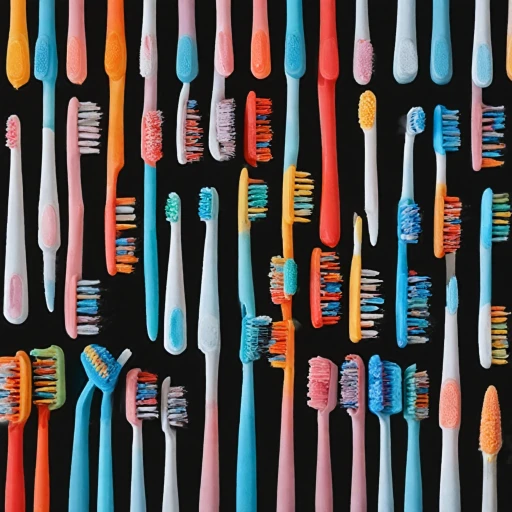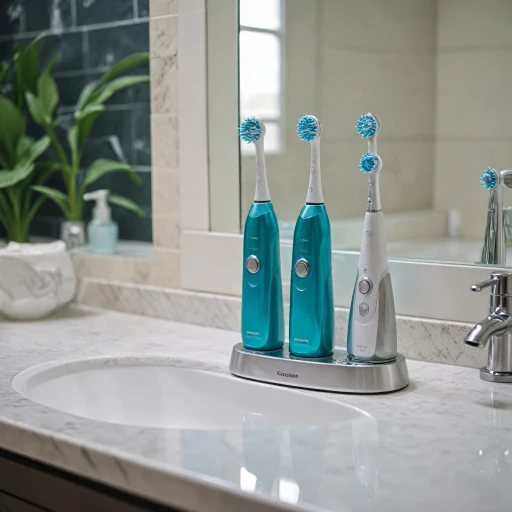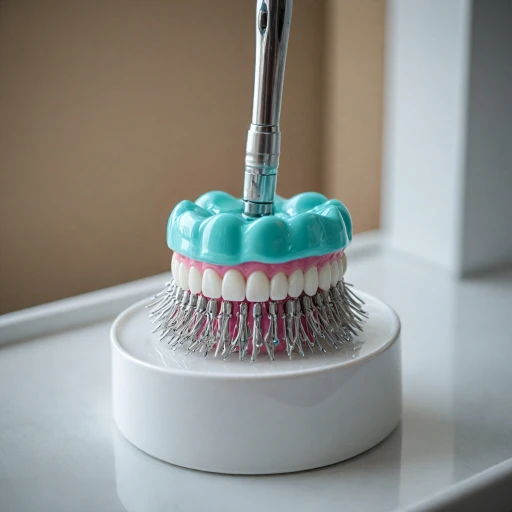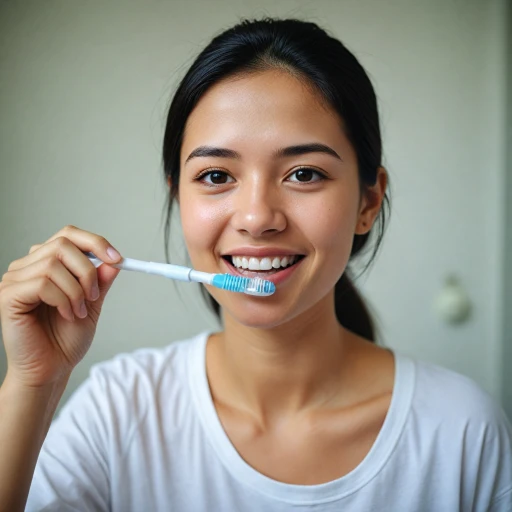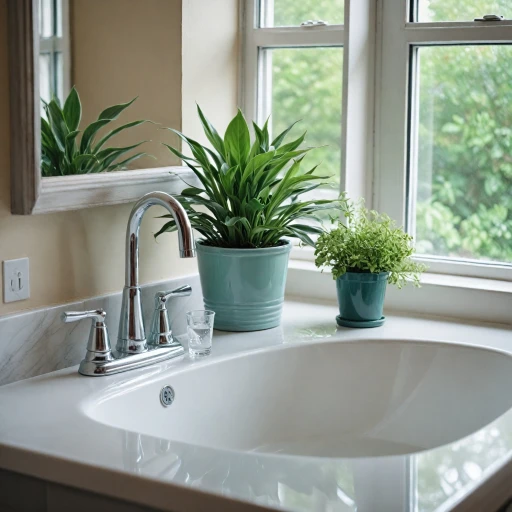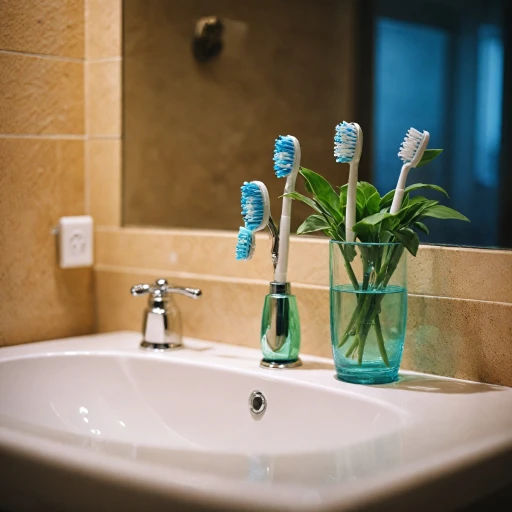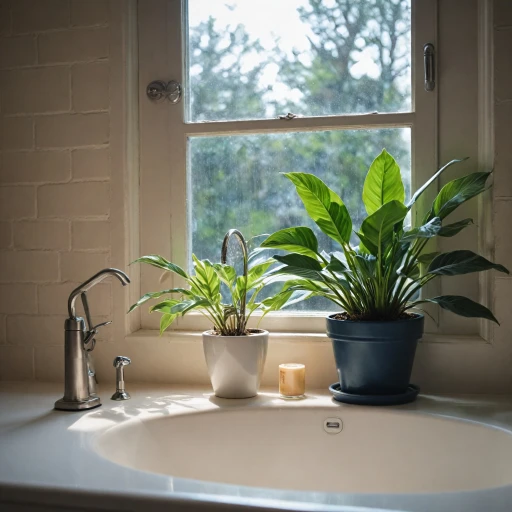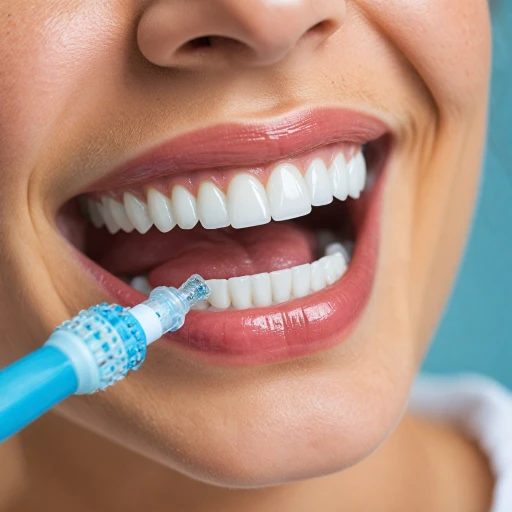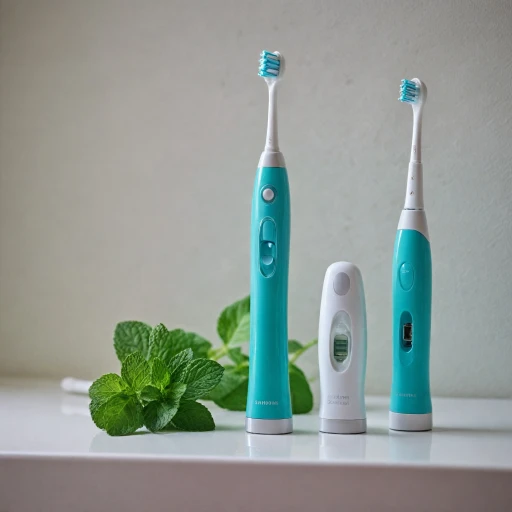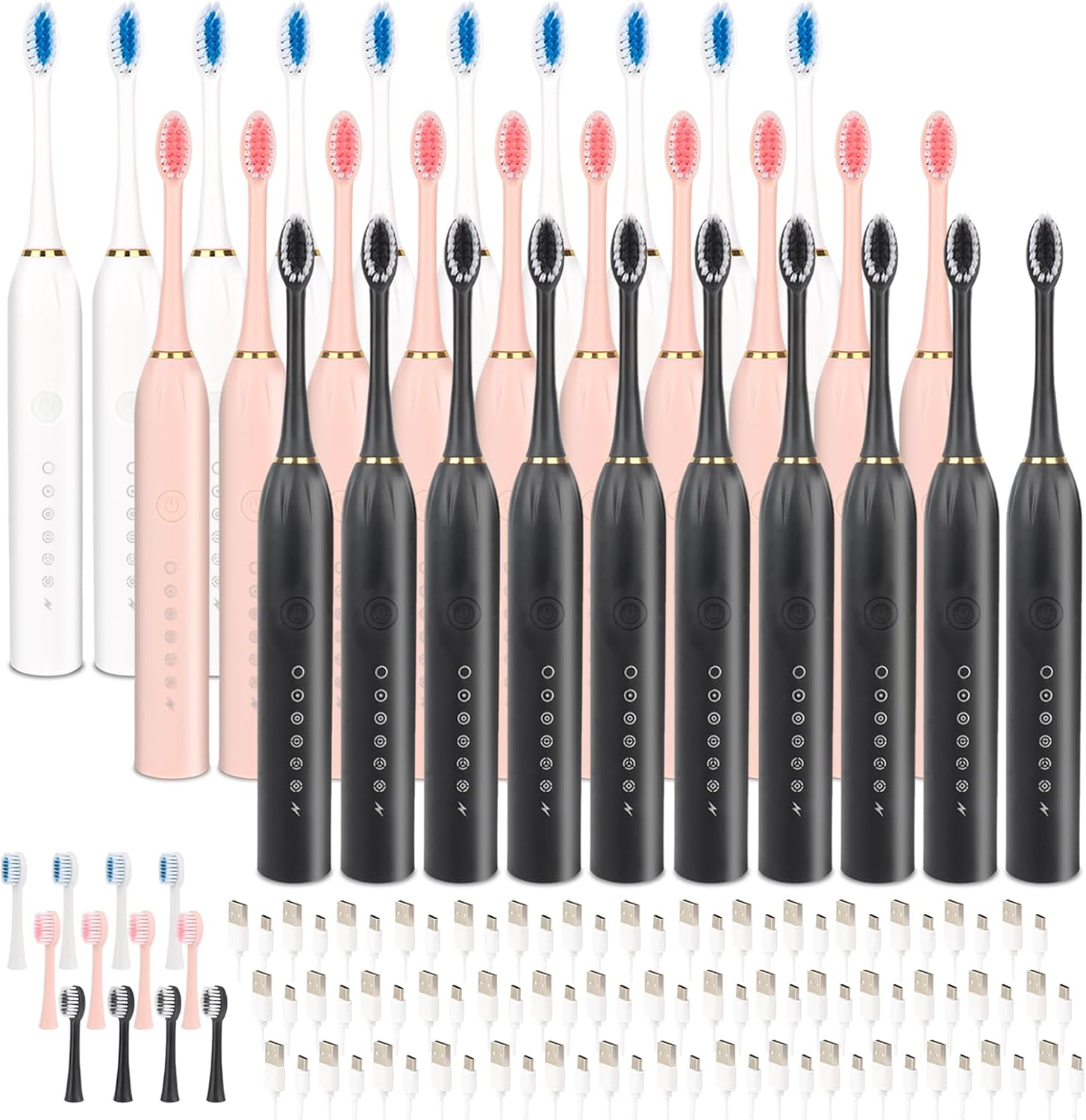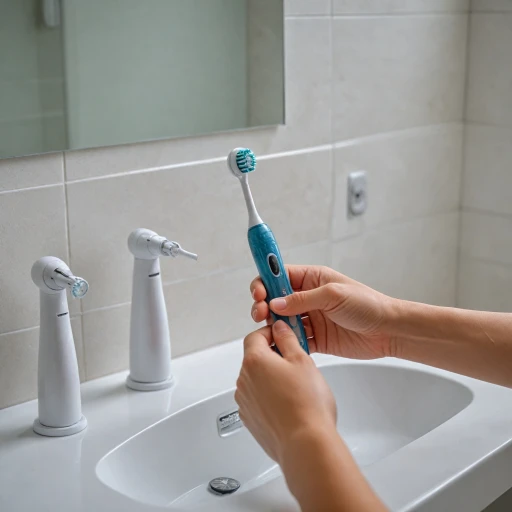
Factors Influencing Electric Toothbrush Longevity
Key Elements Affecting the Durability of Your Electric Toothbrush
In determining how long your electric toothbrush will last, several factors come into play. These are crucial for maximizing the lifespan of your toothbrush and ensuring it maintains optimal oral health benefits.- Quality of Materials: The materials used in manufacturing the toothbrush, particularly the motor and other electronic components, significantly influence longevity. Premium electric toothbrushes like those in the Philips Sonicare series often boast longer durability due to their high-quality construction.
- Brushing Habits: Brushing with excessive pressure or failing to maintain good oral hygiene habits can adversely affect your device's lifespan. A built-in pressure sensor can aid in minimizing excessive force on the bristles, protecting both the brush and your teeth.
- Frequency of Use: A toothbrush constantly used beyond its intended frequency could encounter quicker wear and tear. Maintaining a regular schedule ensures the device does not exhaust itself prematurely.
- Maintenance and Cleaning: Regular cleaning and timely replacement of brush heads are pivotal. Understanding how to effortlessly change your brush head may help extend the life of your electric toothbrush.
- Battery Performance: The battery life and the ability to replace it when needed are crucial. A longer-lasting battery aids in maintaining efficient performance over time. Considerations regarding battery replacement can be found later.
Signs Your Electric Toothbrush Needs Replacement
Recognizing the Right Time for Replacement
It's crucial to pay attention to the signs indicating when your electric toothbrush may need replacement to maintain optimal oral health. Over time, the wear and tear on your brush heads or the gradual decline in battery life can compromise its effectiveness. Firstly, be on the lookout for frayed or bent bristles. When the brush head becomes worn, it can no longer clean your teeth efficiently. The general recommendation is to replace your toothbrush head for optimal oral health every three months. However, excessive wear can happen sooner, especially if you brush with too much pressure. Pay attention to a decrease in the motor's performance. If your electric toothbrush seems to operate less vigorously, its brushing power could be compromised, affecting both your brushing time and cleaning efficiency. This could be an indicator that a new toothbrush is needed to continue providing effective oral care. Another sign of needing replacement is when the battery fails to hold a charge for as long as it used to. As battery life diminishes over time, it will impact the toothbrush's lifespan and long-term usage. Finally, if your toothbrush lacks modern dental care features, such as a pressure sensor or multiple brushing modes, it might be time to consider upgrading. Those features provide enhanced benefits for oral hygiene and dental care, ensuring you take the best possible care of your teeth.Battery Life and Replacement Considerations
Battery Considerations in Electric Toothbrushes
Understanding how battery life impacts your electric toothbrush performance plays a crucial role in maintaining your oral care routine. The longevity of a toothbrush's battery can greatly affect its overall lifespan and cleaning efficacy. Here's a closer look:- Type of Battery:
- Charging Frequency:
- Replacement Options:
Tips for Extending the Life of Your Electric Toothbrush
Making Your Electric Toothbrush Last Longer
Extending the lifespan of your electric toothbrush not only saves money but also ensures effective oral care. Implementing a few simple steps can make your toothbrush last longer while maintaining its performance.
- Proper Cleaning and Maintenance: After each use, rinse the toothbrush head under running water to remove toothpaste and debris. Avoid immersing the handle in water to prevent moisture from damaging the internal mechanisms.
- Correct Usage: Using an electric toothbrush correctly can enhance its longevity. Ensure you are using the right amount of pressure and let the toothbrush do the work. Excessive force can wear down the bristles more quickly.
- Storage Tips: Store the toothbrush in an upright position, allowing it to air dry between uses. Keeping it in a travel case or closed container can trap moisture, promoting the growth of bacteria and potentially affecting battery life.
- Regular Replacement of Brush Heads: Replace your toothbrush head every three months or sooner if the bristles become frayed. Using worn-out brush heads can compromise cleaning efficiency and oral health.
- Battery Care: To preserve battery life, avoid letting it completely drain before recharging. Frequent partial recharges can maintain optimal battery performance.
By following these tips, your electric toothbrush can serve you well over time, contributing to better oral hygiene and dental health.
Comparing Lifespan Across Different Brands
Comparing the Durability of Various Electric Toothbrush Brands
Electric toothbrushes come in various shapes, sizes, and price segments, each promising effective cleaning and enhanced oral health. A critical factor when deciding on a toothbrush is how long it will last compared to its peers. Understanding the lifespan electric toothbrushes offer across different brands can significantly influence your purchasing decision and ongoing oral care strategy.
When evaluating the durability of electric toothbrushes, it’s essential to consider factors such as battery life, the quality of brush heads, and the technology integrations like pressure sensors. Brands vary widely in these aspects, leading to differences in long-lasting performance.
- Philips Sonicare: Known for their durability, Philips Sonicare offers toothbrushes with robust battery life and reliable brush head replacements that help maintain oral hygiene effectively. Regular replacement of brush heads every three months, as recommended, can also extend the toothbrush’s lifespan.
- Oral-B: Recognized for their comprehensive tooth-cleaning technology, Oral-B toothbrushes often include innovative features for better dental care. Their consistent sale price offers a range of options, with many models providing a decent lifespan and effective brushing experience.
- Other Notable Brands: Outside the major players, several emerging brands provide competitive products, frequently integrating smart technologies for oral care. However, the long-term durability might not yet match the established brands like Philips and Oral-B.
The longevity of an electric toothbrush can also tie into the environmental impact of its disposal, as discussed previously. Prioritizing products with replaceable battery components and recyclable materials can alleviate environmental concerns connected with frequent toothbrush disposal.
Ultimately, investing a bit more time in understanding the durability offered by different brands, alongside their inherent features, will ensure both effective cleaning and a longer product life, resulting in sustained oral health benefits.

